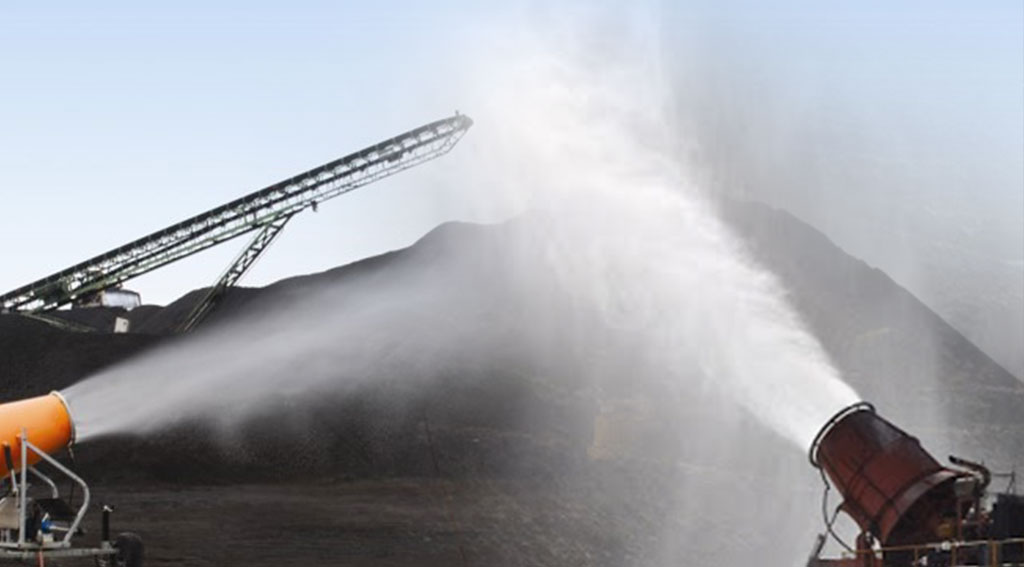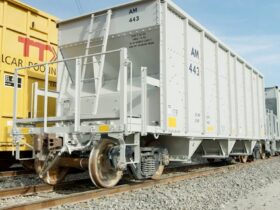Dust control is one of the most crucial parts of maintaining a healthy construction site. While building or excavating, you’re likely to loosen the soil. Therefore you need to figure out ways to remove dust from air. As such, there are strict rules and regulations on dust control that you have to implement and follow. Choosing and implementing dust control methods can benefit your construction workers’ health and your business as well. Even then, you need to choose the best methods for your worksite. Here are examples of dust suppression methods you could use to keep your construction site dust-free.
Soil stabilizers and tackifiers
This dust control method creates a fiber to bind the soil. It achieves this bond without hardening the soil. If you are looking for a suitable dust suppression method for your site, check sites like bosstek.com for some professional advice.
Mulch and vegetation
Vegetation and mulch are effective ways to protect the soil from both water and wind erosions. This is the most environmentally friendly method to control dust, but it can be a headache if it is poorly coordinated. If well implemented, it can reduce erosion by 80%. On a construction site, one effective dust suppression method worth looking into is hydroseeding. Also, remember that depending on your vegetation’s location, the seeds might attract wildlife and birds. So, you might end up losing most of your seeds to birds.
Water
Water is the most used dust suppression method. It is very easy to implement and offers fast results. You can use misted water or used fog cannons for your site. Water should be applied at least three times a day, depending on the nature of your construction site. You also have to be aware of the quantity of water you have to apply to avoid dampening the surface. It is important to note that using excess water can also cause erosions. Most construction sites use a water tank to spray water over the surface to prevent dust from becoming airborne.
Use of barriers
Using fences and similar barriers can control the air current around a construction site and blow the soil. Most of the fences in construction sites are made of wood. In some cases, existing trees and perennial grass can also serve as wind barriers. These barriers prevent erosions by ensuring the soil is not blown off by the wind. The barriers should always be placed at a right angle to the prevailing wind currents and at intervals of 15 times the barrier height.
Applied polymers
Polymers such as polyvinyl acrylic are another excellent dust suppression method. However, they are only ideal for areas where vehicles do not travel. A great place where they can be applied is at an excavation area with loose topsoil and hillside where vehicles and other trucks do not drive.
There are different dust suppression methods to choose from. As your construction site grows more prominent, your dust control measures should become better. Also, make sure that the method you select adheres to the rules of your state.










